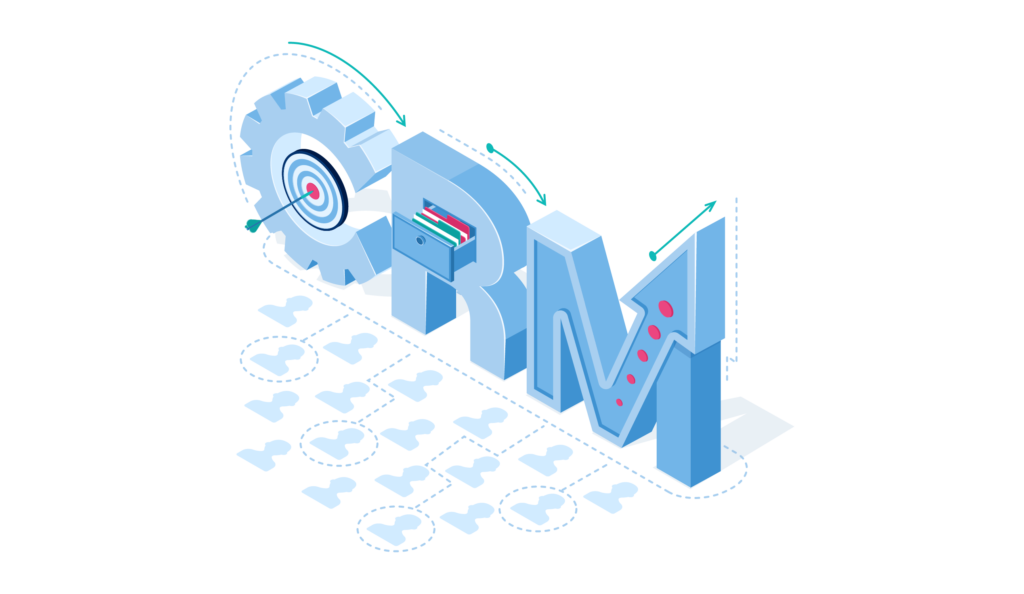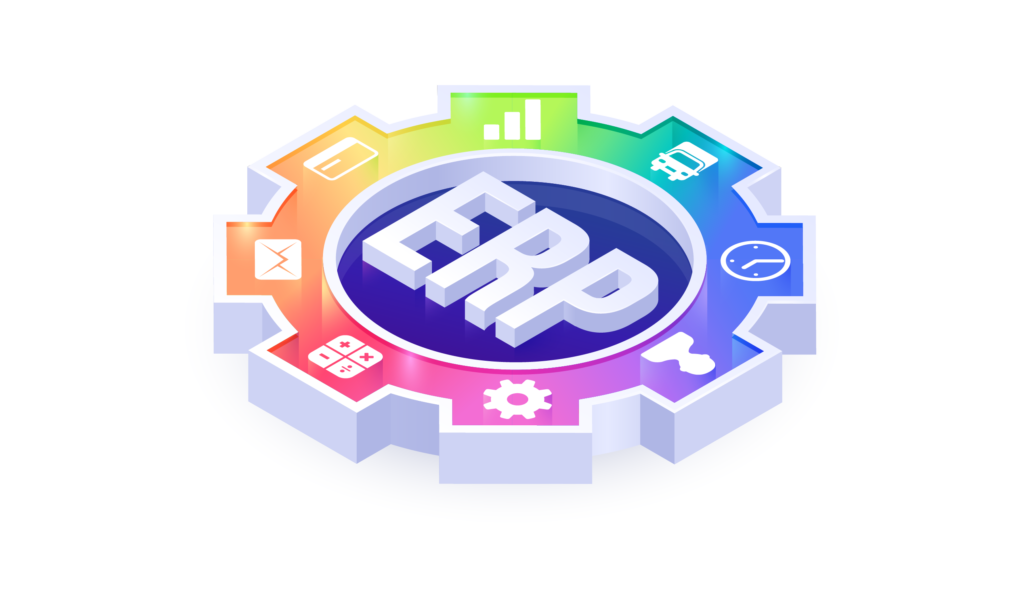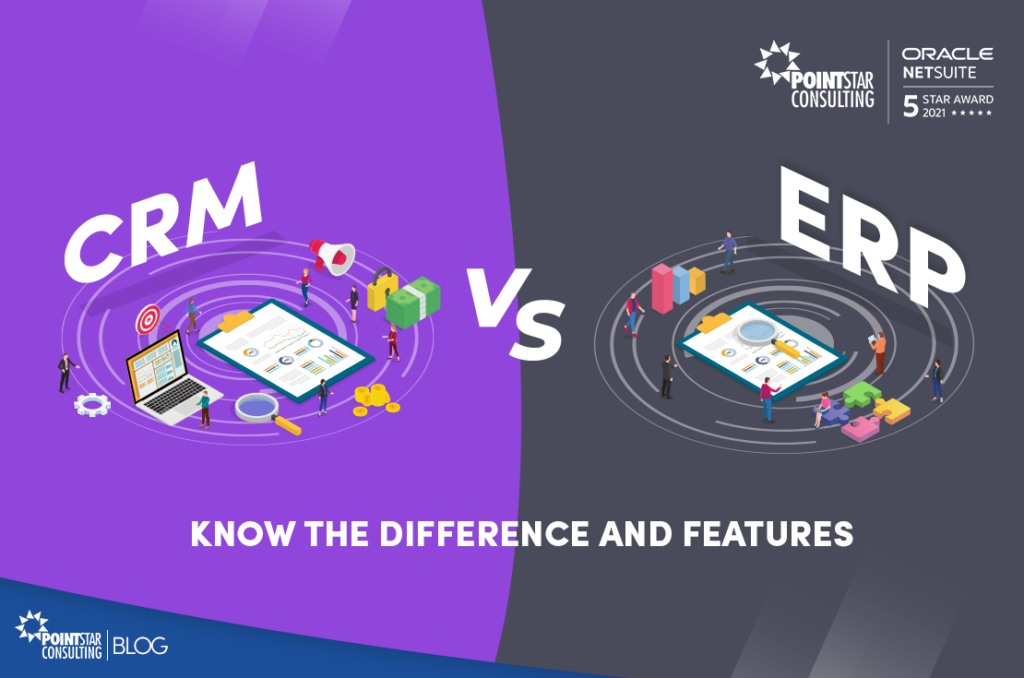While consumer electronics garners the lion’s share of people’s attention for its role in revolutionising humankind, its less glamorous sibling, enterprise IT, has somewhat played the role of the unsung hero in enabling companies to produce products and services for us to devour. Enterprise resource planning (ERP), and customer relationship management (CRM) systems are two solutions that lie at the heart of successful business operations.
While CRM solutions focus on how consumers engage with a business, chronicling and keeping a record of their journey from potential leads to becoming customers, ERP systems provide companies with a central database from which they can derive data about matters that keep the business ticking.
CRM traces its origins to sales force automation (SFA), popular in the 1990s as a database that housed customer information for sales and marketing purposes. Meanwhile, the ERP has its roots in the materials requirements planning (MRP) systems, which was focused more on the manufacturing industry.
Present-day ERP systems come with sophisticated financial automation solutions that help businesses operate efficiently and increase productivity, resulting in higher profitability. While cloud ERP systems come equipped with their own CRM solutions, the latter is a standalone system that can be integrated with the former.
Cloud ERP systems in the market currently offer companies unprecedented visibility of their business processes. Meanwhile, the standalone nature of CRM systems, while offering companies a consolidated view of their customers, often lack the visibility associated with cloud ERP systems.
The advent of the digital age has seen CRM and ERP evolve into systems that have become more than the sum of their parts. Below we examine the differences between CRM and ERP and how businesses can benefit from having one or both systems to help their operations.
CRM

Present-day cloud CRM systems can be accessed anywhere, anytime, and on any device, provided you are connected to the internet. Below are some of the features of cloud CRM solutions:
Sales Force Automation
Most digital-age CRM solutions allow users to set custom rules that automatically enable sales teams to execute a task based on triggers or events. For instance, if a customer fills out a contact form on your website, the CRM solution will ensure the sales subject matter expert gets the message.
Marketing Automation
This feature augments the decision-making process of marketing teams by identifying, orchestrating and carrying out data-driven campaigns. This process reduces the complication that often occurs during the lead qualification and conversion processes.
Customer Service Management
By giving you a 360-degree real-time view of your customers, CRM systems play a crucial role in ensuring businesses respond quickly and effectively to changing consumer needs. CRM systems also track all points of communications that customers engage in during their purchase journey.
Partner Relationship Management
Companies can have a real-time flow of information between businesses and their partners. This is especially important when businesses run joint campaigns, giving full visibility to companies in partner-focused sales and marketing processes.
Mobile
One of the greatest conveniences offered to workers in the digital age is the ability to monitor work proceedings on their mobile devices. A research paper published by Forester showed that 50% of sales and marketing teams improved their productivity by keeping track of things through their mobile devices. Meanwhile, a Nucleus Research revealed that 65% of sales team were achieving their sales quora thanks to CRM’s mobile functionality, while for those who were using non-mobile, the figure stood at a miserly 12%.
Reporting and Analytics
Real-time dashboards showing consumer data go a long way towards helping sales and marketing teams to understand their customers better. It helps them tailor campaigns to target ad groups based on demographics and other groups. It also helps companies unlock new insights that will help strategic decision making.
ERP

The ERP system in its present incarnation is a holistic system built on cloud that consolidates data for companies from various business processes, covering Finance and Accounting, Global Business Management, Inventory Management, Order Management, Supply Chain Management and Warehouse Management. Below we look at how each of these features can help your business.
Finance and Accounting
The process of keying in financial data and those pertaining to accounts can be one that is painstaking and riddled with human errors. For businesses to operate efficiently and respond quickly to changing market conditions, the automation of finance and accounting processes goes a long way towards helping businesses stay competitive.
Global Business Management
For companies with subsidiaries, having a consolidated view of data is of paramount importance. In addition to this, there is a laundry list of regulatory requirements for companies that have subsidiaries in foreign countries that they need to adhere to. Most cloud ERP systems are available in multiple currencies and languages and are customisable to ensure compliance with different regulations imposed by different countries.
Inventory Management
Through the automation of inventories, companies can keep their inventory costs low, while meeting customer expectations. Cloud ERP systems also offer accurate forecasts that enable businesses to be well prepared to meet consumer demand.
Order Management
By integrating all the systems in a company and providing the business with a consolidated view of data, the order management process can be streamlined by eliminating bottlenecks and preventing errors. The smooth flow that ensues will ensure timely invoicing and payment.
Supply Chain Management
For successful businesses, the location where their products are produced or stores never matters. By using a cloud ERP system, businesses can ensure the procurement of raw materials, determine the quantity of stock in their inventory, ensure replenishment in line with supply and demand.
Warehouse Management
In a highly competitive market such as e-commerce, the strength of a company often relies not just on the quality of your products, but also on how quickly you can deliver your products. Cloud ERP systems are geared towards meeting the expectations of modern day e-commerce retail platforms.
In A NutShell
In a highly disruptive and competitive business environment, agile companies, whose systems are on the cloud, stand to adapt quicker to changes as opposed to those who operate on legacy systems.
The Covid-19 pandemic highlighted the importance of moving to the cloud, as evidenced by the smooth transition to the work from home norms – for companies who had migrated to cloud – necessitated by the pandemic.
CRM solutions offer sales, marketing, and customer service units of businesses with consolidated data to meet consumer needs and swiftly respond to customer complaints. On the other hand, the cloud ERP system is a much more comprehensive system whose influence extends beyond just CRM, covering all the critical entities in a business. It provides businesses with a single source of truth, allowing them to be agile, receptive, and ready for volatile market conditions.


